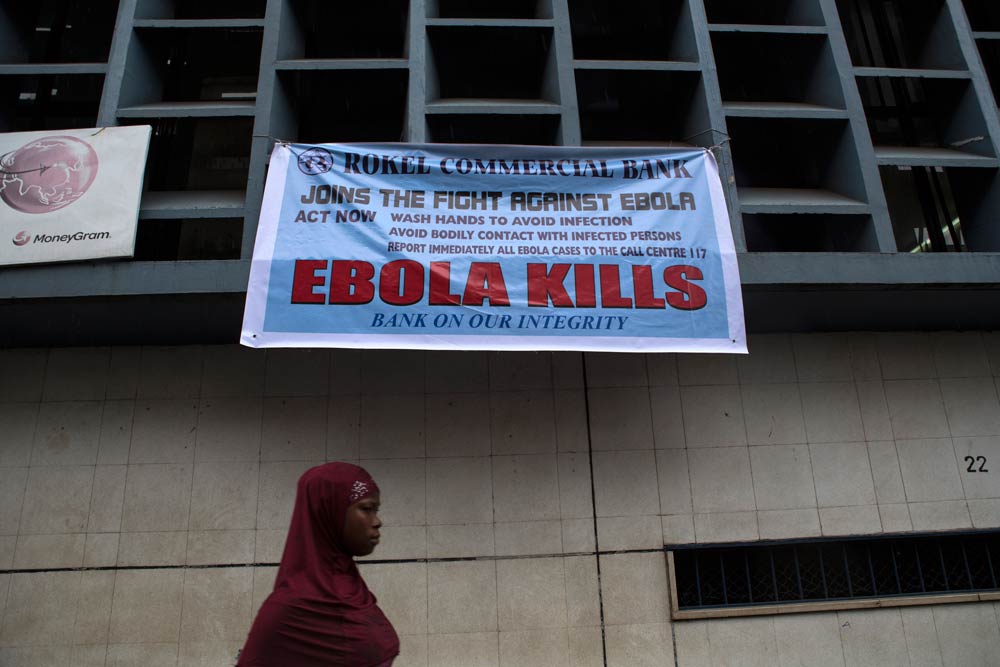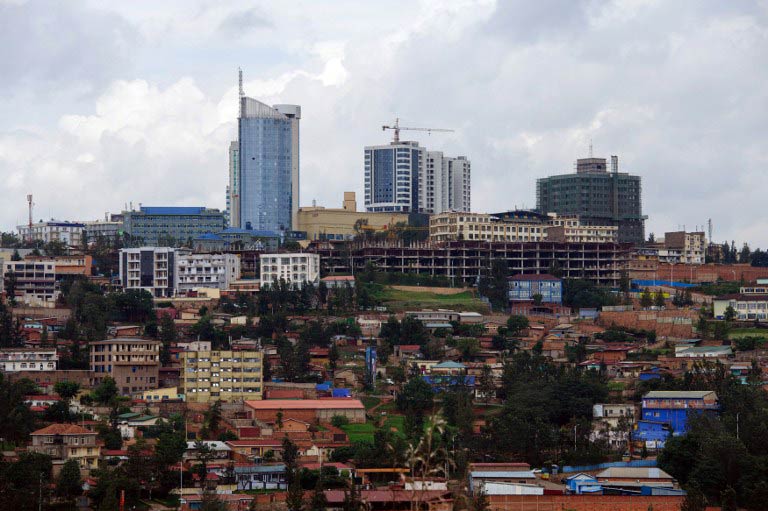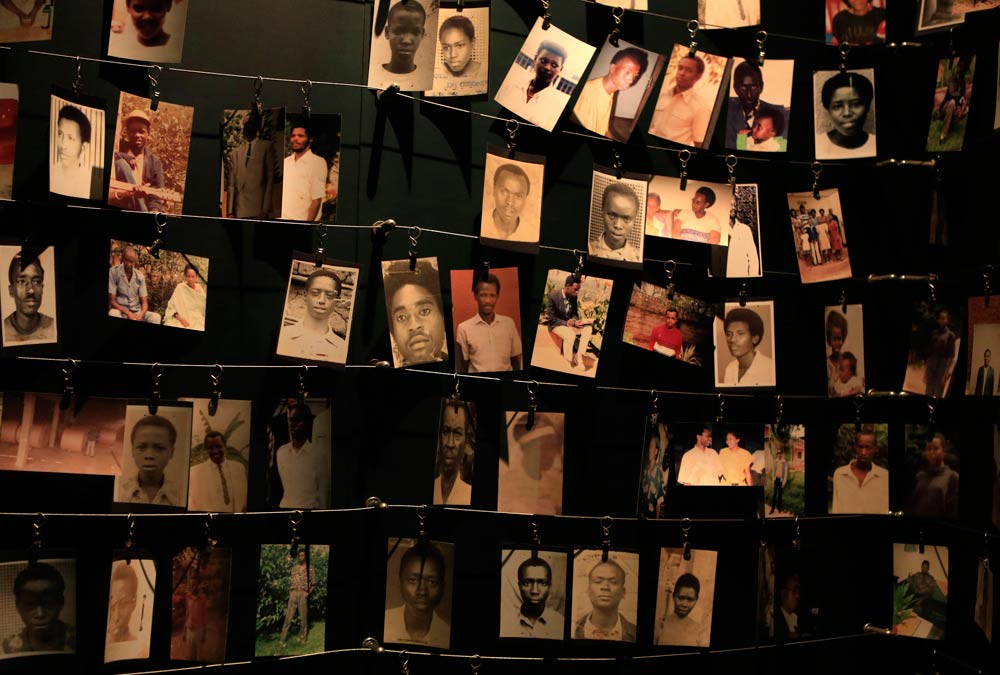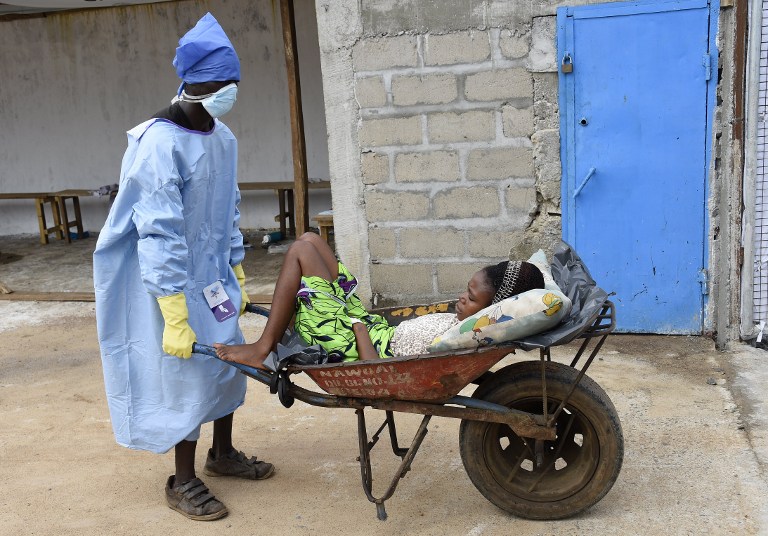The grainy mobile phone video shows a mob of Kenyan men surround a woman and grab, grasp and yank her clothes until she is naked. Several such videos have emerged recently of attacks by males who deem a woman to be provocatively dressed. The attacks have created a groundswell of anger that saw mostly women protesters flood downtown Nairobi on Monday.
Brave Kenyan women marched today and said very loudly #MyDressMyChoice. We stand with them. pic.twitter.com/PxyEmr6GAL
— Boniface Mwangi (@bonifacemwangi) November 17, 2014
Rachel Machua wore what she called “a little black dress … my normal outfit” to Monday’s protest. She views the recent attacks as stemming from socio-economic conditions: Lower income men are attacking successful, well-dressed women.
The attacks are not overtly religious in nature, though this is a conservative, mostly Christian country. The women at the march described “normal” levels of sexual harassment over the years and said that peers will warn other women that “you’re gonna get undressed” for wearing a particular outfit.
“Kenyan men are in different groups. My father wanted me to be here and said you can dress however you want. Then there are others who think you are out of their reach and they try to victimise you,” said Machua (26), who runs an aid group called Transforming Generations.
Women play an active role in Kenyan society. The country’s foreign minister is a woman, though few women hold high-ranking elected office. Parliament is a virtual men’s club, unlike in neighboring Rwanda, where more than half of parliament is female.
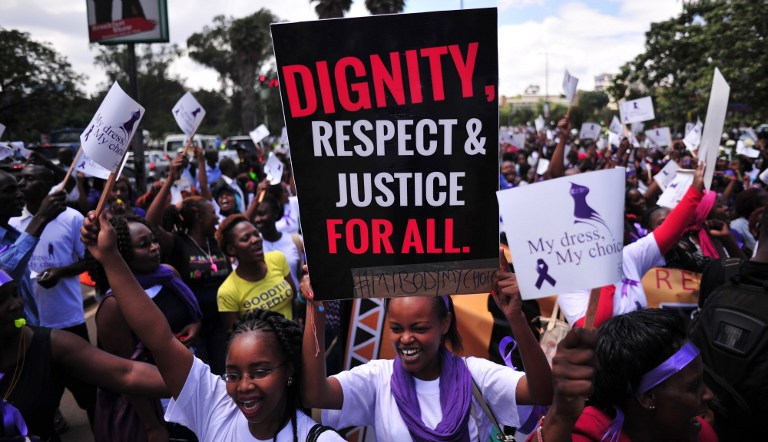
After the recent attacks, elderly Kenyan women are said to have rescued the naked victims by giving them a shawl to cover up.
James Wamathai, said he was marching because he believes in equal rights. “I think it’s really horrible and no women should have to go through that,” said Wamathai (33), who does commercial media work. “It’s a weird sexual fetish. If you see some of the videos some of the men are groping the women. … But it’s not based on anything (like religion) because in Africa we didn’t used to wear clothes.”
Just 100 metres from the march’s meeting point, park worker Ulda Akinyi emptied trash. Akinyi looked at the demonstration with disdain, and said she has instructed her three daughters to dress conservatively for fear of attracting unwanted attention. “Wearing miniskirts is the devil’s work,” said Akinyi.
Men gathered against a nearby fence. Most said they didn’t support the cause. A man who gave only his first name, John, said he didn’t want Kenya’s women to “seduce” him by wearing revealing clothing.
“It’s like three-quarters naked if you are wearing one of those short skirts,” said David Ndongo, who works on one of Kenya’s mini transport buses known as matatus, where women can also face harassment.
The hashtag #MyDressMyChoice is trending on Twitter since yesterday, with many users voicing their outrage against the incident and their support for women to dress as they wish.
Those who attack/ violate women on pretext of manner of dress not only dehumanize her but reveal themselves as beasts! #MyDressMyChoice — Martha Karua (@MarthaKarua) November 14, 2014
Stripping women is barbaric! God has not appointed anyone to police others on his behalf. These are criminals! #MyDressMyChoice
— Boni Gor (@BooniGor) November 14, 2014
If men were stripped for wearing shorts or muscle shirts,would the world be the same? Check #Mydressmychoice protest https://t.co/y5Tf5MUQ83 — Valentine Ziki (@ValentineZiki) November 12, 2014
Source: Sapa-AP



